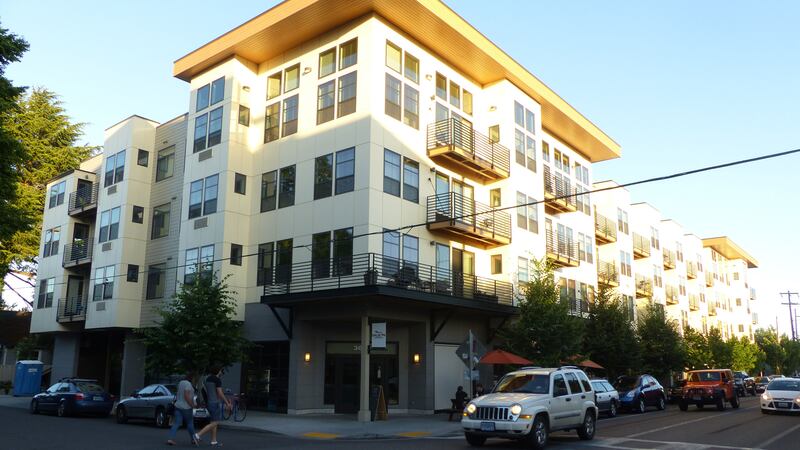Metro has proposed the framework for a $516 million housing bond that could go before voters later this year.
As first reported by the Portland Tribune, Metro will divvy up the housing units between the three counties that Metro oversees in proportion to the amount of revenue each will contribute to the bond, earmarking 45 percent for Multnomah County, 34 percent for Washington County and 21 percent for Clackamas County. Ten percent of the funds will be used by Metro for land banking along developing transit lines to maintain affordable units in those highly sought-after areas.
"This proposal, which can serve as many as 10,000 residents with affordable homes, strikes a balance between investing in communities where people reside now and in areas that provide greater access to transit, jobs and other opportunities," says Andrew Shaw, Metro's director of governmental affairs. "This is a draft framework, we really look forward now to robust public feedback."
The half-billion dollar housing bond, which would be the first proposed by Metro, will aim to address the growing housing crisis facing the Portland area. Portland voters approved a $258 million housing bond in 2016. Polls conducted earlier this year found that as many as 66 percent of respondents supported the idea of increasing taxes again to fund another housing bond.
The average household would pay about $50 each year if voters approve the measure. Half of the new apartments built using the bond would be two bedroom units. The bond could fund as many as 3,200 affordable units.
Forty-five percent of the bond will be specifically dedicated to serve people whose wages fall below 30 percent of the region's median family income – which consists mostly of people at high risk for homelessness. All of the bond money must benefit people earning less than 80 percent of the average family income.
